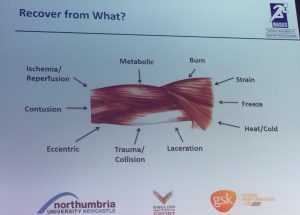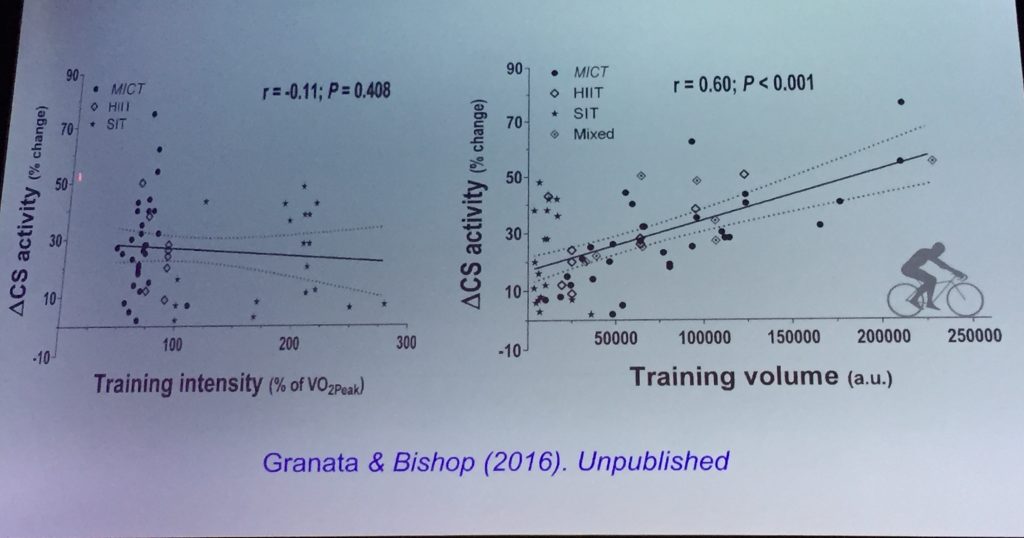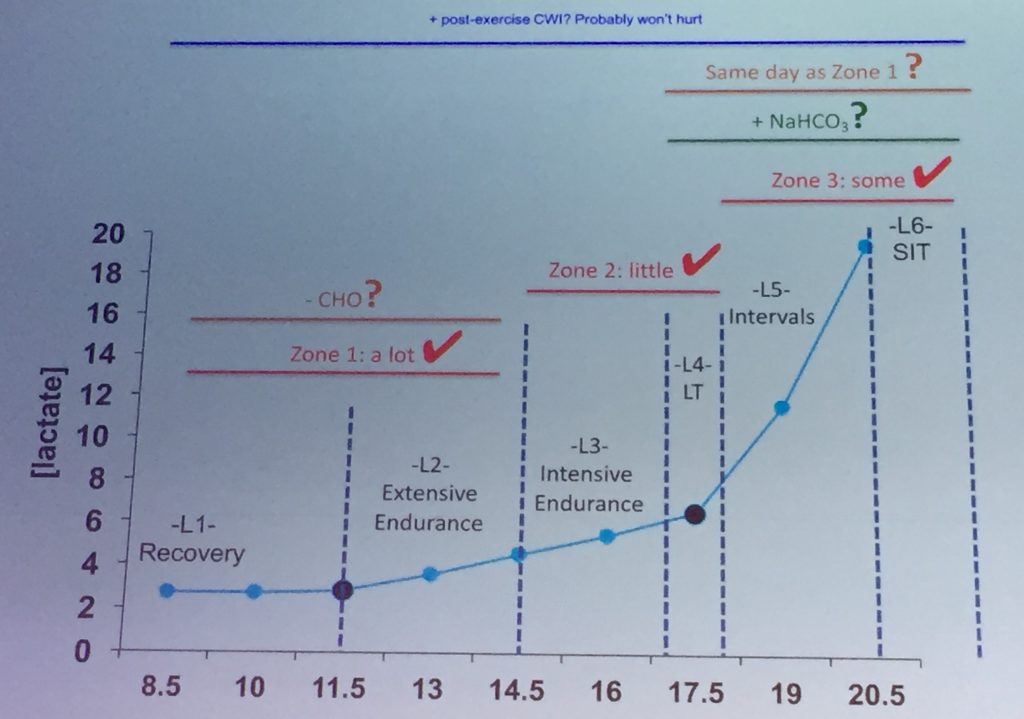The BASES conference is an annual get together of researchers, practitioners and sports scientists, principally from the UK. We attended partly to support Perform Better, our UK distribution & support partner for the ithlete Team system.
The first session I was really interested in attending was the BASES expert statement on recovery strategies. I was hoping to learn what is the latest thinking & evidence on which strategies are most effective in this hot topic area, and I wasn’t disappointed. No-one involved in competitive sport can doubt the importance of marginal gains in winning, and the key questions are when, whether & how to intervene in the recovery process in order to try to accelerate it. Muscles are damaged when participating in sport (particularly sports requiring eccentric contraction), and this reduces force production until the damage has been repaired. Inflammation creates oxidative stress which signals that repair is needed, so the concern is always that reducing inflammation or using anti-oxidants might hamper natural adaptation. Sometimes adaptation is not the priority though, for instance when athletes need to perform at top level several times in a few days such as during the Olympics.
Muscles are damaged when participating in sport (particularly sports requiring eccentric contraction), and this reduces force production until the damage has been repaired. Inflammation creates oxidative stress which signals that repair is needed, so the concern is always that reducing inflammation or using anti-oxidants might hamper natural adaptation. Sometimes adaptation is not the priority though, for instance when athletes need to perform at top level several times in a few days such as during the Olympics.
The best way to accelerate recovery is to pay attention to the fundamentals: Diet, Sleep, reducing mental / emotional Stress as much as possible. Only once this has been done should you look at popular recovery accelerators such as compression clothing & cold water immersion. There is moderate evidence that compression can help, but very few garments deliver sufficient pressure to make a difference, particularly on the thighs. Cold water immersion, on the other hand has little effect on muscle strength or power recovery, but it does reduce soreness & has a significant placebo effect, which should not be underestimated (remember Michael Phelps’ suction marks)!
Another key question is whether we should deliberately blunt the inflammatory response? NSAIDs such as ibuprofen don’t impact recovery, but they may reduce protein synthesis when used long term. Antioxidants (usually very large doses of vitamins C & E) do seem to reduce circulating reactive oxidant species but don’t affect performance in the short term and do seem to reduce presence of PGC1a, which might be important for reasons we will come to in a moment.
Overall, though, psychological factors such as perception to perform and emotion regulation seem to be ket factors for the most successful athletes, many of which have individually preferred recipes for their own recovery.
The second session, which I was really looking forward to was an invited talk from Prof David Bishop who presented bang up to date ideas on the influences of nutrition, genes and training intensity on performance. Prof Bishop started with Stephen Seiler’s polarised training zone model and explored the evidence for why an 80:20 division by time into low (below first lactate threshold) and high intensity (above anaerobic threshold) may be the most effective way to train. One of the things we really care about is increasing the number & efficiency of the mitochondria power houses in the muscle cells. There is good evidence that high volumes of low intensity training is the best way to do that.
There is now quite some doubt as to how very high intensity (HIT, Sprint Interval) training improves the function of the mitochondria. The reason may be that such high intensities speed up renewal of mitochondria, and there may also be some truth in the saying that lactic acid destroys mitochondria, because sodium bicarbonate has been shown to increase improvements in fitness, as do training with low muscle glycogen stores (sleep low) and cold water immersion. In many cases,concentrations of the PGC1a signalling protein correlate with improvements in aerobic performance, and there is now evidence that some genes inhibit mitochondrial adaptation. In all, a lot to think about here, nicely summarised in this slide:
There were of course very many other presentations, posters & discussions that we don’t have time to report on here, but BASES is definitely one to attend if you want to nerd out on sports science!
By Simon Wegerif
